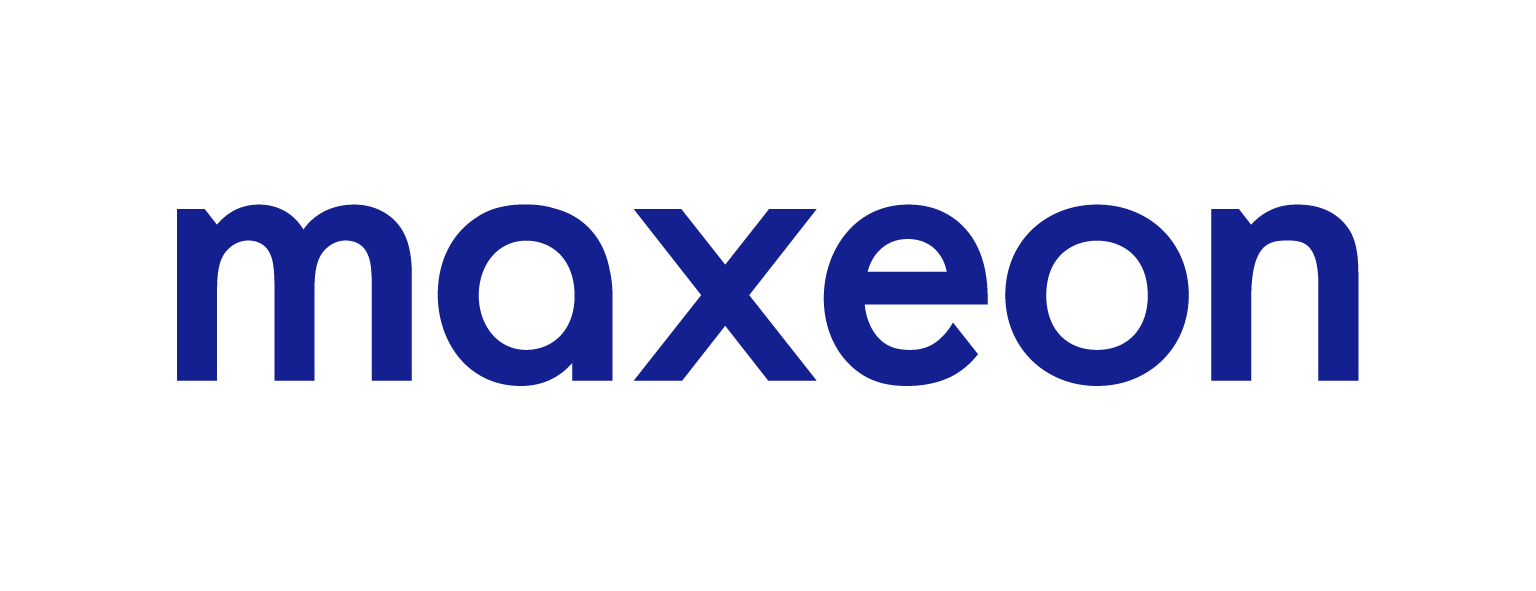How Maxeon Walks The Talk On a Clean Solar Supply Chain
At Maxeon, we put a huge amount of work and investment into ensuring our products and supply chains are as clean as the energy they produce. I am proud of the effort our team puts into making products from materials that meet the highest global environmental and social standards. These policies and practices are how we ensure that we meet legal and regulatory requirements along with the expectations of our customers who demand the very best, and live up to our own values.
POLICY OF NO EXPOSURE TO XINJIANG, UAR
At Maxeon, our policy is clear. We will have no supply chain exposure to Xinjian Province in the Uyghur Autonomous Region.
We verify this in three key ways. First, through detailed mapping of our supply chains. Second, we conduct due diligence and chain-of-custody audits using both confidential and public sources. And finally, we also conduct site audits of suppliers identified as having potential risk of exposure to Xinjiang either through the manufacturing of products within the province or by benefiting from labor transfers of Uyghurs to other provinces of China.
We also closely monitor the traceability of the polysilicon we use to manufacture our panels.
STEP-BY-STEP TRACEABILITY OF POLYSILICON
Due to the heightened concerns around the provenance of polysilicon, Maxeon does not purchase wafers made from polysilicon sourced or produced anywhere in China. Instead, as disclosed on our website, we ensure that the wafers processed within our supply chains contain exclusively polysilicon from a closed list of suppliers based in Germany, Korea and the United States. The polysilicon they supply is manufactured entirely outside China, using MGSi from a closed list of countries that do not include China.
How do we prove this? We use an established tool called Manufacturing Execution Systems (MES) technology, a computerized system used in manufacturing to track and document the process of turning raw materials into finished goods. Such systems are widely used for quality control purposes where the manufacturing process is traced from source to factory to customer – including every step of the transportation process - through lot numbers. This is embedded with bar code technology, similar to the kinds one might find at a supermarket, which indicates the full provenance of the polysilicon in Maxeon’s products. You can see the process mapped below.

THIRD PARTY AUDITING
Our own factories and those of our critical suppliers have been audited by respected third-parties with expertise in the solar industry, including Clean Energy Associates. Maxeon’s traceability procedures have been called ‘best in class’ and ‘ahead of its peers’ by these independent auditors.
LOOKING AHEAD
At Maxeon, we continuously strive to improve and enhance our efforts to combat modern slavery in our operations and supply chain. These issues are important, which is why we ensure our supply chain is one that meets the highest standards. For those who wish to find out more, Maxeon has a number of publicly available resources on our website which we’ve shared below. Going forward, we will continue to communicate publicly about our policies, our supply chain and our efforts to live up to Maxeon’s values.
RESOURCES
- Global Human Rights Policy – Maxeon’s policy of adhering to the highest international standards with regards to human rights and forced labor
- Supply Chain Map – detailed map of Maxeon’s supply chain from country of origin of raw materials through poly, ingoting, wafer, cell and module production
- Modern Slavery Statement – detailed summary of Maxeon’s supply chain risks and compliance procedures (including traceability and auditing)
- Protecting Human Rights Blog – summary of some of our key human rights and supply chain initiatives

